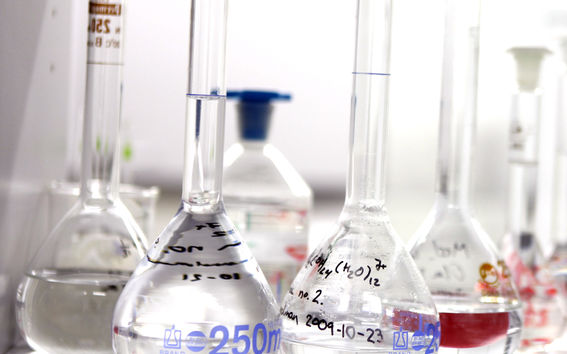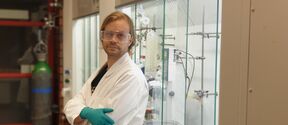Lack of this application document will result in your application being rejected.
The letter should be maximum 4000 characters (with spaces) and must be written in English. This character limit does not apply to the CV.
You should write a separate motivation letter for each study option you apply to.
In your motivation letter, please comment specifically:
1 Your reason(s) for applying to this programme: Why are you applying to this Master’s programme? What do you expect to gain from your studies in this Master’s programme?
2 Your future plans: In which sector would you like to work in the future? How do you think this Master’s programme would support your goals?
3 Areas of interest: What are your particular interests in the field of the study option?
4 You as a candidate: Why do you think you are a good candidate for this Master’s programme? How will your previous education, work experience, knowledge and skills support your studies?
Attach your CV (max. 2 pages) to the motivation letter. The CV must be written in English. The character limit of the motivation letter does not apply to the CV.
If you have already completed another Master’s degree in a closely related field or have a study right to another Master’s or doctoral programme, you must explain why you are applying to complete another Master's degree.
The applicant must provide a document of the official grading system used in their Bachelor´s degree studies, indicating the lowest pass mark on the scale. The document may be an attachment to the degree certificate, a link to the grading system on the institution’s webpage or handbook, a diploma supplement or other reliable source. Applicants from Finnish Universities or Universities of Applied Sciences do not need to submit the document.











